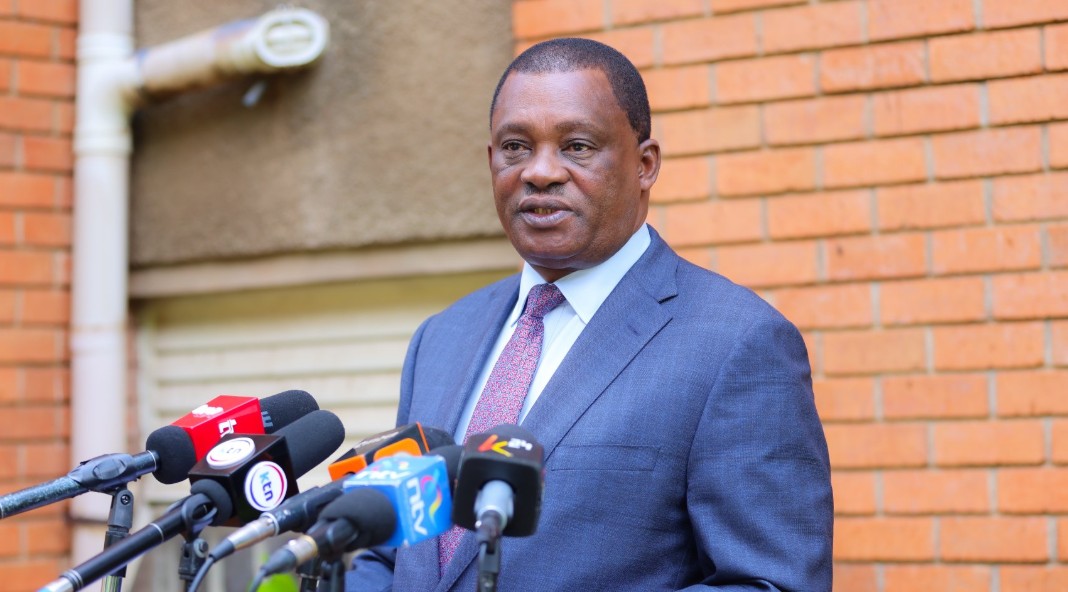

Former Attorney General and Democratic Party leader Justin
Muturi has sharply criticised ODM leader Raila Odinga’s recent defence of his
pact with President William Ruto, dismissing Raila’s remarks as reckless and
dangerous.
On Monday, Raila told ODM legislators that it was “better to
have a bad government than none at all,” arguing that his compromise with Ruto
was necessary to prevent the country from collapsing in the wake of the 2024
Gen Z-led protests.
But Muturi, in a statement on Tuesday, accused Raila of
legitimising impunity and misleading Kenyans into accepting corruption and
misrule as inevitable.
“When Raila Odinga and ODM argue that 'it is better to have
a bad government than none at all,' they are dangerously wrong. The statement
is meant to stoke fear, to lull citizens into accepting mediocrity and even
grand corruption as the natural order of things,” Muturi said.
The former AG likened Raila’s position to telling a family
whose house is on fire not to complain because at least they still have a roof,
even if it is about to collapse on them.
He argued that bad governments are not harmless placeholders
but “predatory machines” that loot, repress, and suffocate hope for a better
future.
Muturi also dismissed Raila’s suggestion that delegitimising
a regime risks a dangerous power vacuum, pointing to Nepal as an example where
civic movements and citizens used periods of political turbulence to demand
accountability and draft a new democratic order.
“Kenya is not a stateless society that collapses if one
president or regime is delegitimised,” Muturi said, adding that Article 134 of
the Constitution ensures continuity in executive functions, while Parliament,
county governments, the judiciary, and civil service remain operational.
He further warned that accepting “bad governments”
normalizes theft and emboldens cartels. “A bad government tells its cronies,
‘Go ahead, steal more; no one will stop you.’ It institutionalises impunity and
erodes accountability,” he said.
Muturi, who also served as Speaker of the National Assembly,
urged citizens to reject fear-based narratives and hold leaders accountable,
insisting that compromise should not come at the cost of entrenching corruption.
“Kenya is not a stateless society that collapses if one
president or one regime is delegitimised. Article 134 of the Constitution
ensures continuity in executive functions. Parliament remains in place. County
governments continue to function. The judiciary remains operational. Civil
servants still run hospitals, schools, and essential services.”
He added;
“Let us be brutally honest. A bad government does not simply
mismanage resources. It institutionalises theft. It tells its cronies, “Go
ahead, steal more; no one will stop you.” It emboldens cartels that siphon
public money meant for hospitals, schools, and roads. It creates a culture of
impunity where abductors and killers in state uniforms can silence dissent
without consequence.”














